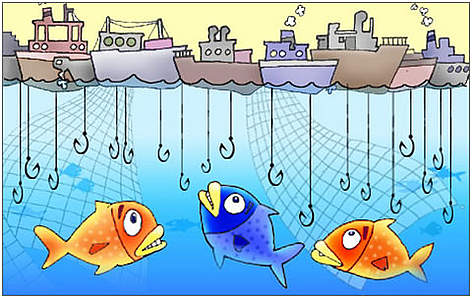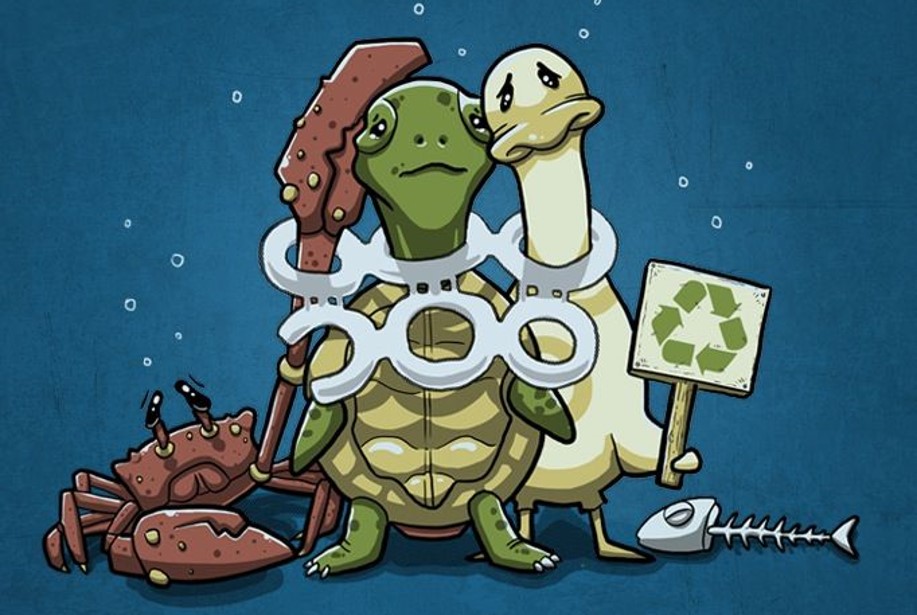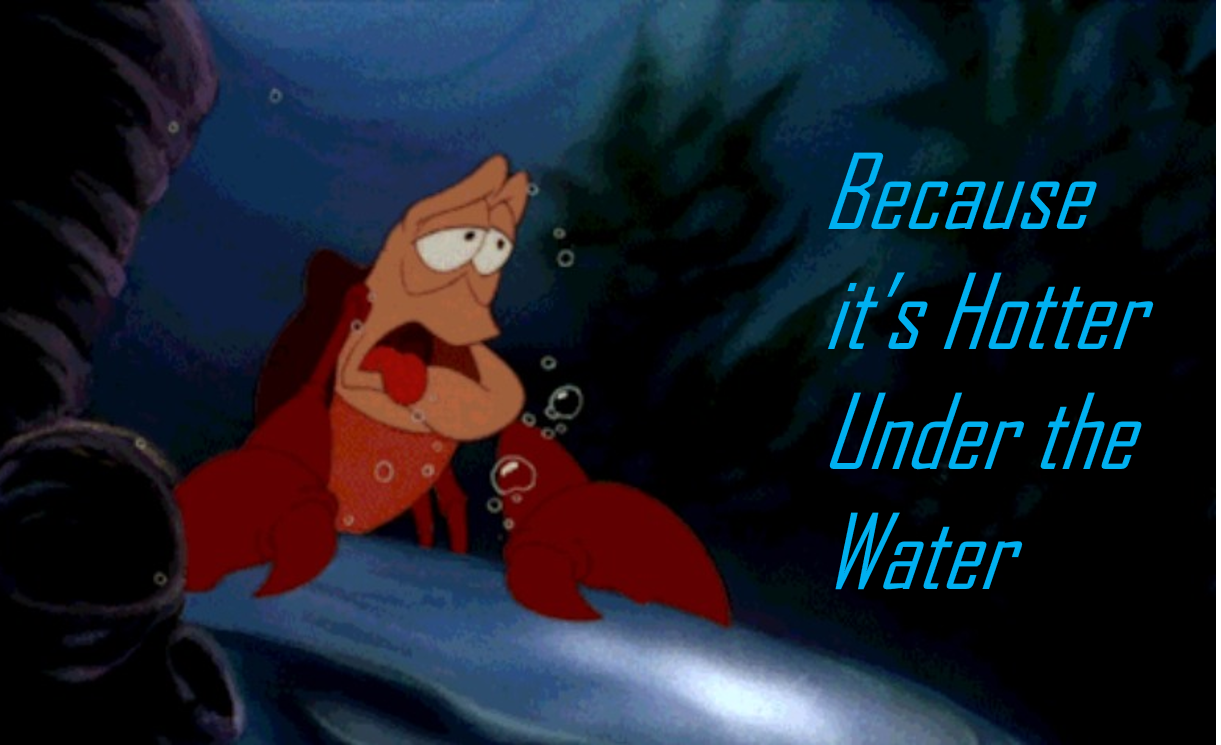Story
We need a bigger push now!! :)
We have already received £1,000
Since I learnt to swim as a kid, I have been dreaming about joining the underwater world and growing up I have become more and more interested in biology and the marine ecosystems. In the end I chose to study different disciplines at uni, thinking it would have given me a better chance to find a good job - I didn't believe in my dream and dived into my busy adult routine, pushing this passion away. Nevertheless the sea kept calling me and I decided to learn how to scuba dive - a new world opened up in front of my eyes, a world of marvel, of delicate balances, of symbiotic dynamics that could teach us a few things. I got pulled in more and more, the fascination reignited memories, childhood plans, and I started looking into marine research projects hoping for a second chance in life... "Who would ever want an untrained amateur?!" I kept thinking "this can never really happen to someone like me". I didn't give up this time and when I came across Turtle Island Restoration Network's project I thought "Oh my, this could be it!"
Raising awareness about the vital balance between life in oceans and on land is a critical step toward changing people’s understanding, attitudes and behaviours – A thriving marine ecosystem affects us not only environmentally, but also economically and culturally.
Unfortunately, 3 main factors are working against a thriving marine ecosystem across the world:
Over-fishing

Today fishing is a multi-million dollar industry with hi-tech facilities that enable fishermen to explore new shores and deeper waters. To keep up with the increasing demand, fishermen are capturing fish indiscriminately, including tons of unwanted species, and at a rate that is faster than fish can reproduce. This may seem like a profitable practice, but it has serious consequence and not only affects the balance of life in the oceans, but also the social and economic well-being of the coastal communities.
Marine Litter

Marine litter is human-created waste that has been discharged into the coastal or marine environment; it harms ocean ecosystems, wildlife, and humans. It can injure coral reefs and bottom dwelling species and entangle or drown ocean wildlife. Some marine animals ingest the litter and choke or starve. Medical waste, sharp objects, and large pieces of litter can pose a direct threat to humans too. Ocean pollution isn’t a problem limited to one country, or even one continent. It is clear that what happens in one city can have impacts across the globe.
Global Warming

Oceans are one of the areas most affected by global warming. Rising air temperatures affect the oceans both chemically and physically; water becomes less dense and the nutrient-filled cold layer drops at lower depths, out of reach for a large part of marine life that counts on these nutrients for survival. This phenomenon creates a drastic chain-effect impact on natural habitats as well as on food supply and, as it is inexorably growing, with time the consequence for many species will be extinction.
Since 2009, Turtle Island Restoration Network has been collecting data and advocating for the creation of a protected international marine zone stretched over the migration trajectories between Cocos Island and the Galapagos Islands, one of the richest areas in the world for marine biodiversity.
This safe swim-way, where illegal over-fishing will be monitored and heavily reprimanded and where international NGOs will focus to reduce marine litter, is aimed to create the right environment for thousands of species to adjust to the climate changes and slowly start repopulating the Oceans.
Now, as part of a dedicated coalition of international nonprofits, TIRN is working to make this idea a reality and it organises, amongst many other initiatives, expeditions to Cocos Island twice a year to study changes in migratory habits and population growth rate of two species in particular: the hammerhead sharks and endangered sea turtles.
With your donation you will support TIRN's fantastic conservation research expedition in the Pacific Ocean, at the same time allowing me to fulfilling one of my lifetime dreams!
So, for as small or big your contribution will be or even just for reading this til the end and donating me your time, I thank you dearly!